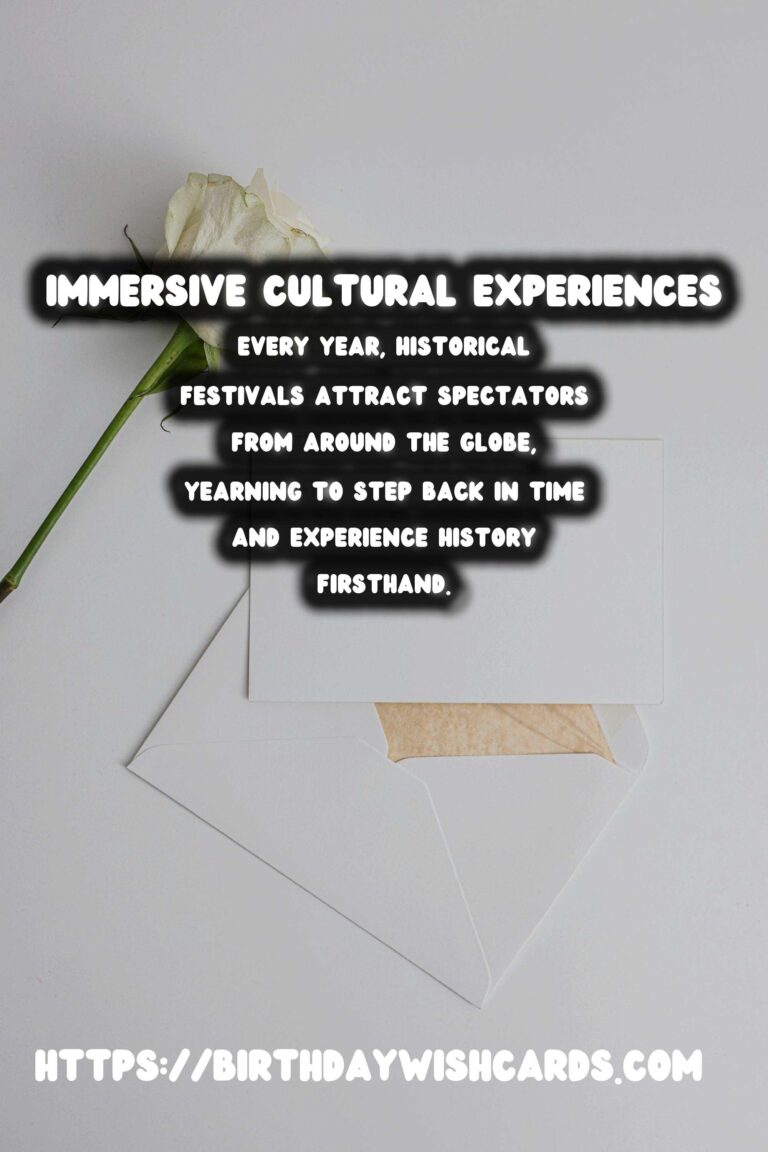
Every year, historical festivals attract spectators from around the globe, yearning to step back in time and experience history firsthand. These unique celebrations not only bring the past to life but also offer an insight into the cultural heritage of a particular region. From medieval reenactments to grand parades, historical festivals serve as an educational and entertaining experience for all ages.
The Importance of Historical Festivals
Historical festivals play a crucial role in preserving cultural heritage. They serve as an essential platform for storytelling, allowing generations to share their narratives and ensuring that these stories are not lost to time. Participants often dress in period costumes, indulge in traditional foods, and engage in age-old practices, creating an authentic ambiance that educates attendees about the customs and lifestyles of the past.
Popular Historical Festivals Around the World
The Renaissance Fair
The Renaissance Fair is one of the most well-known historical festivals, typically celebrated in various parts of the United States. It offers an enchanting mix of entertainment, food, and artistry, all inspired by the Renaissance period.
Battle of Hastings Reenactment
In the United Kingdom, the Battle of Hastings Reenactment is a highlight, drawing thousands of tourists. This event takes place at the actual site where the 1066 battle occurred, providing a vivid portrayal of one of England’s most significant historical events.
Gion Matsuri Festival
Japan’s Gion Matsuri, held annually in Kyoto, stands as a testament to the country’s rich historical tapestry. This festival, originating in the 9th century, features spectacular parades with majestic floats, traditional music, and a fusion of ancient and modern Japanese culture.
Experiencing History Through Immersion
Participants in historical festivals often find themselves fully immersed in the past. Whether it’s trying on a knight’s armor or listening to ancient stories told by skilled storytellers, attendees are provided with an intimate understanding of historical periods that books alone cannot convey.
Moreover, these festivals often include workshops and interactive sessions where visitors can learn crafts such as blacksmithing, weaving, or pottery, further enhancing their engagement and understanding.
The Economic and Cultural Impact of Historical Festivals
Beyond their educational value, historical festivals also contribute significantly to local economies. They attract tourism, create jobs, and promote local crafts and foods. Additionally, they foster community pride and awareness, bringing together individuals who share a love for history and culture.
For many regions, these festivals are vital in maintaining cultural identities and building a sense of community that enhances social integration and cohesion.
In Conclusion
Historical festivals are fascinating avenues for exploring the richness of the past. They not only entertain but also educate and unite participants and spectators. By attending these celebrations, one gains a deeper appreciation of history and culture, leaving with memories that last a lifetime.
Every year, historical festivals attract spectators from around the globe, yearning to step back in time and experience history firsthand. These unique celebrations not only bring the past to life but also offer an insight into the cultural heritage of a particular region. 
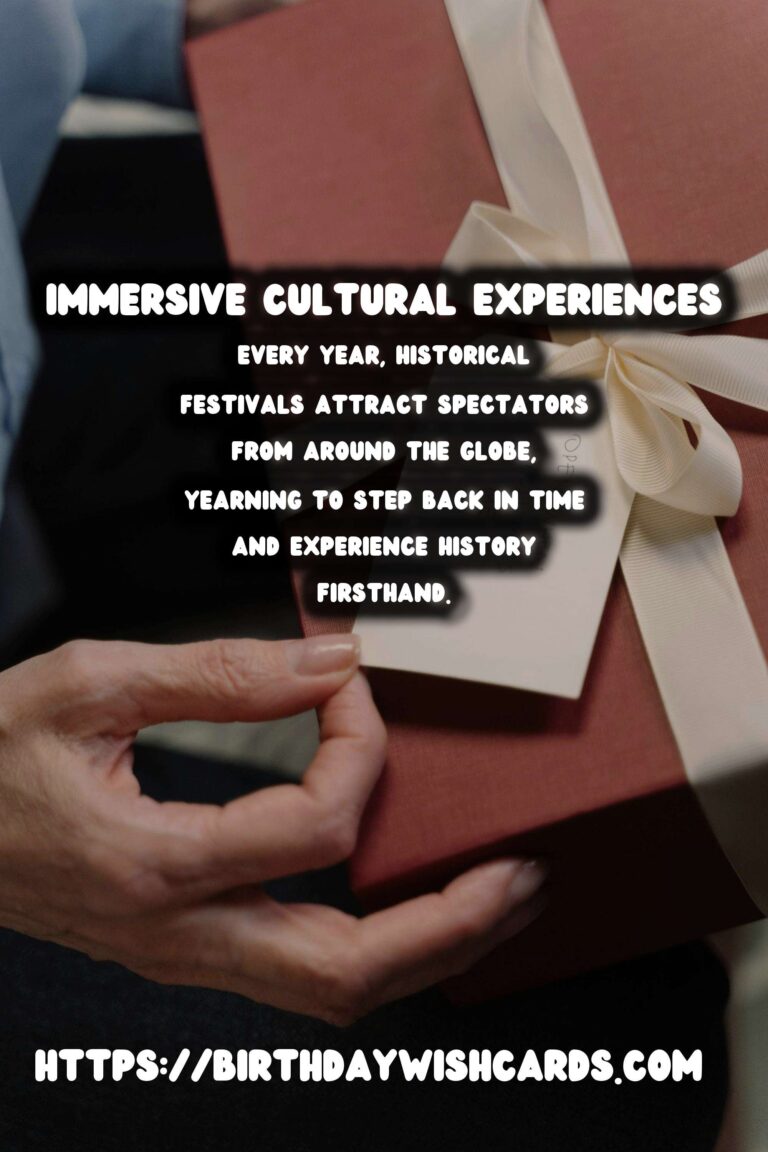
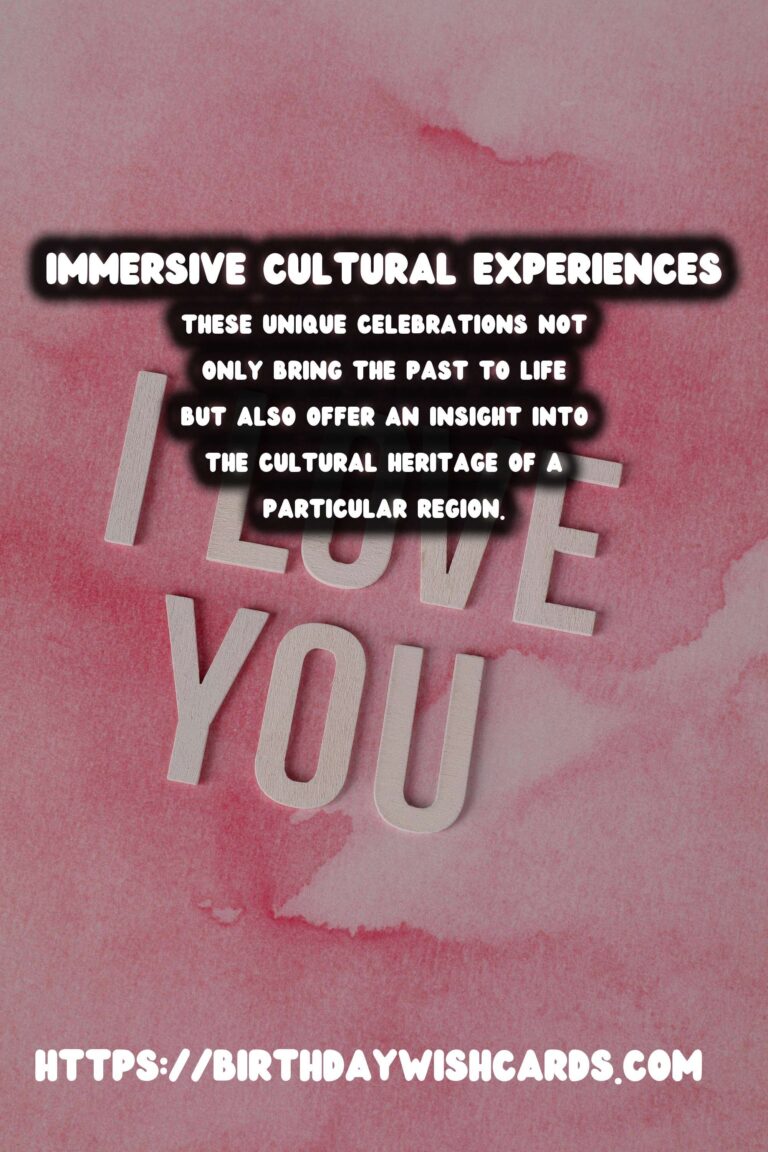
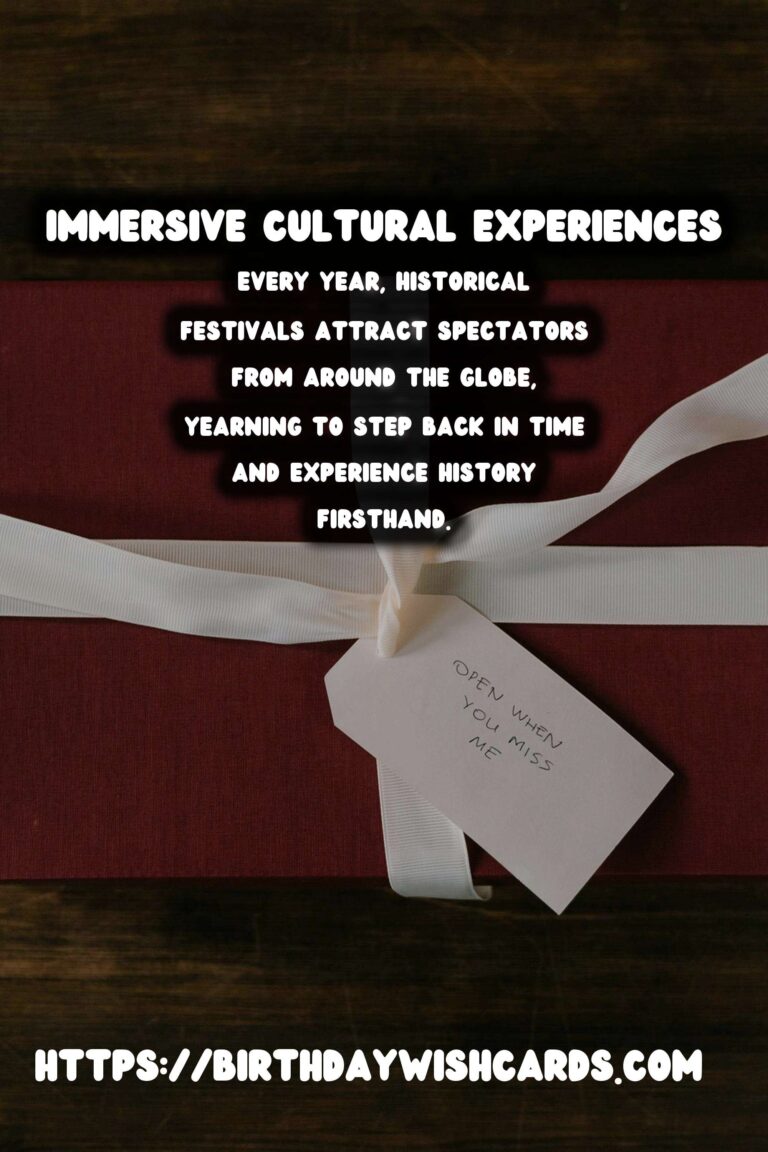
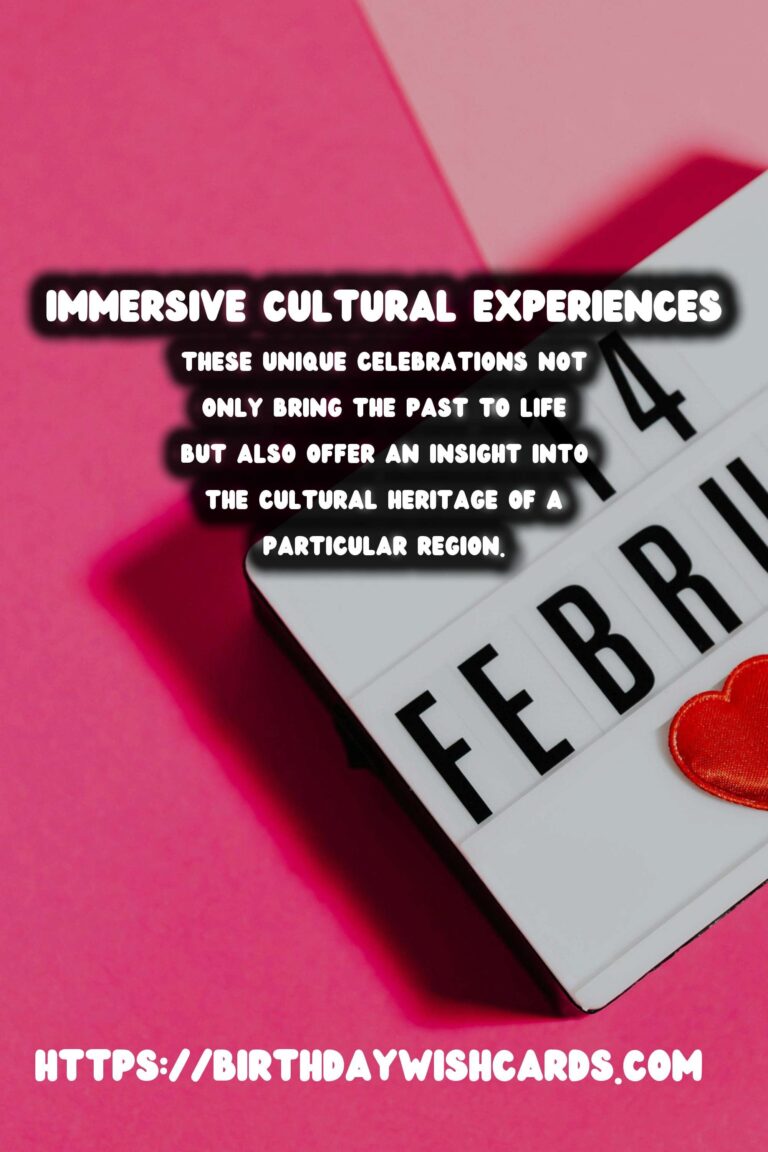
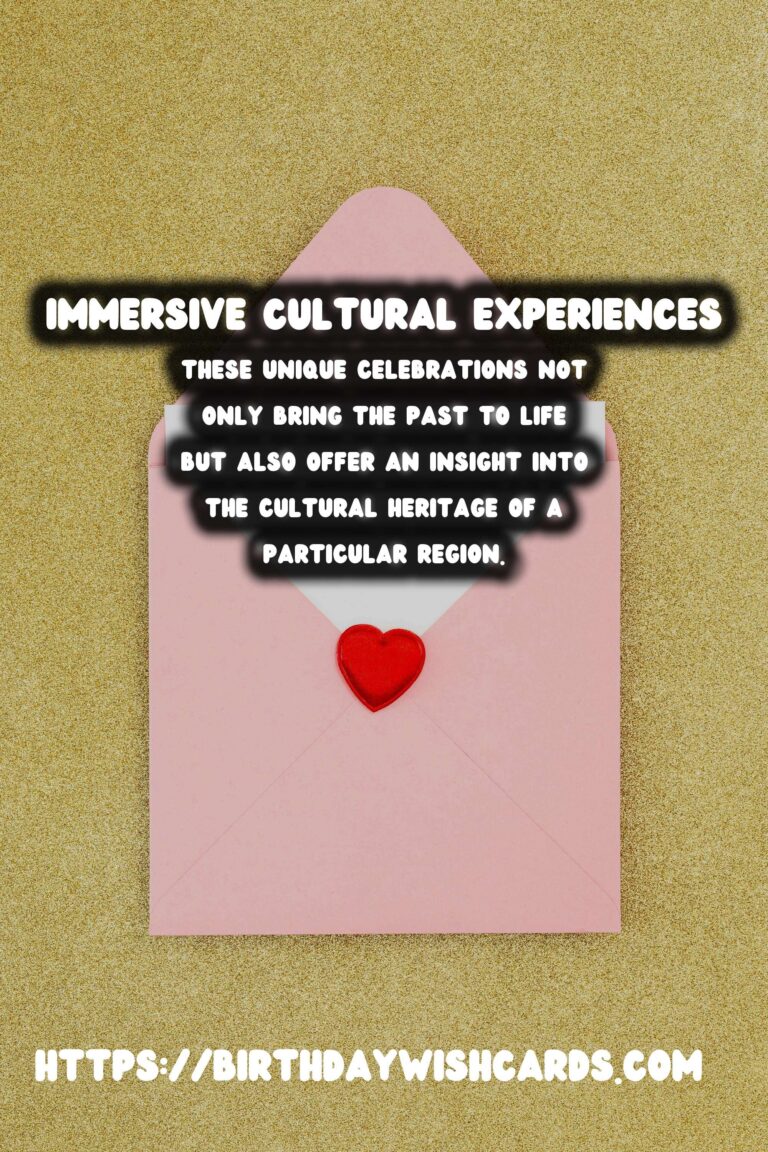
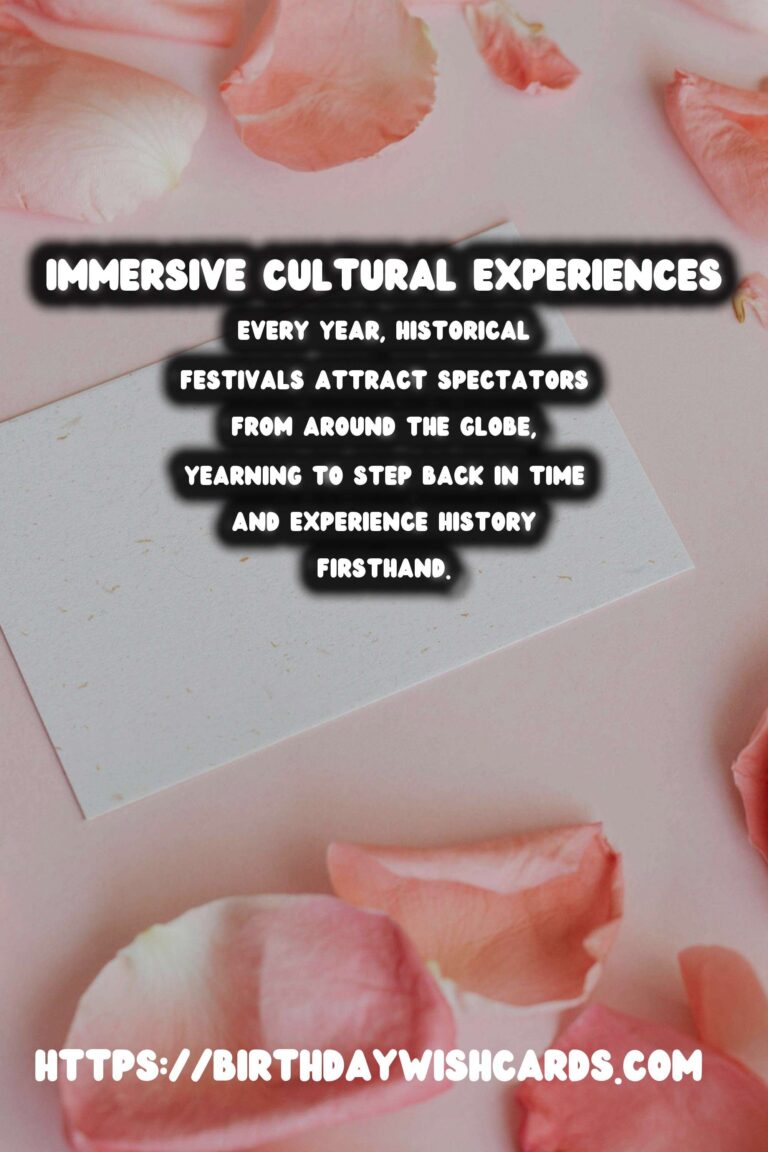
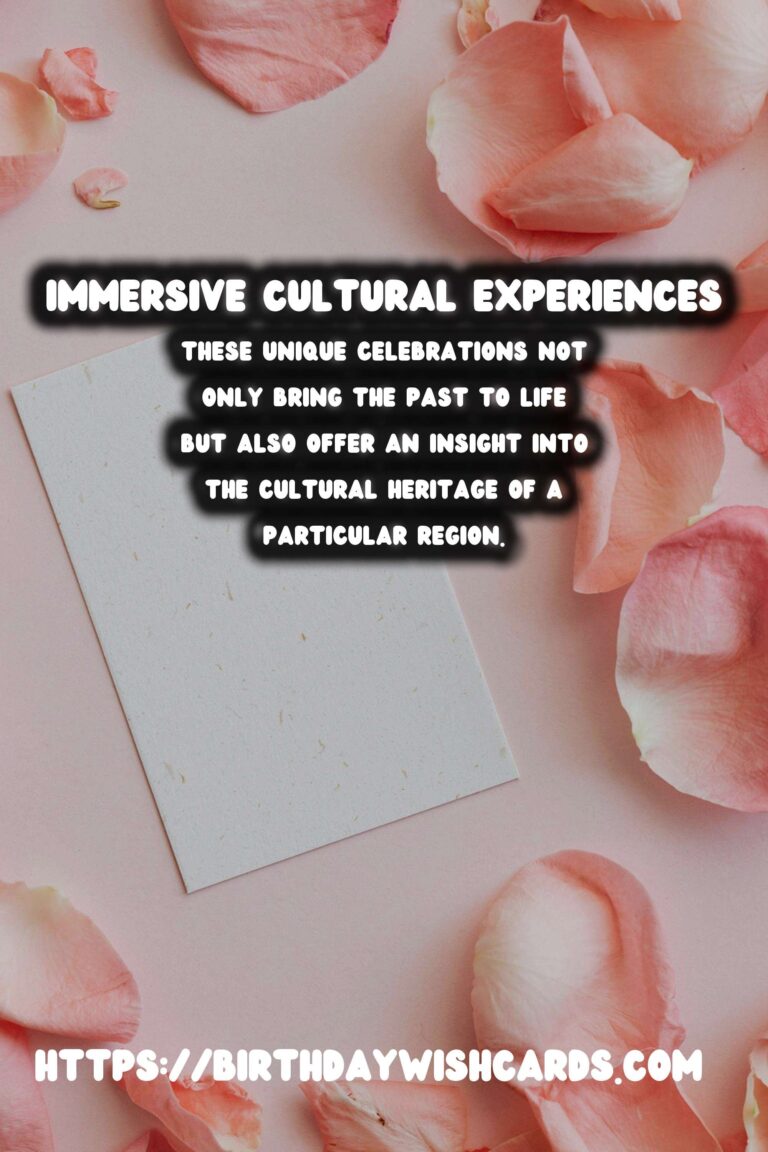
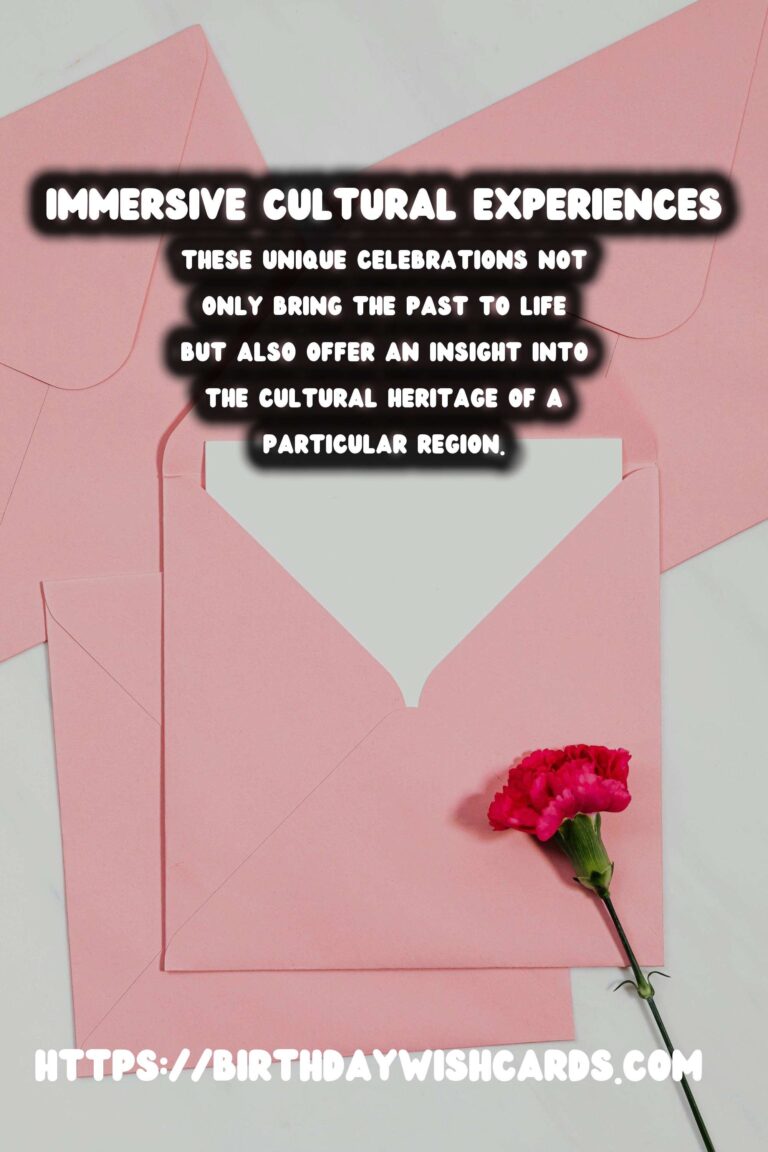
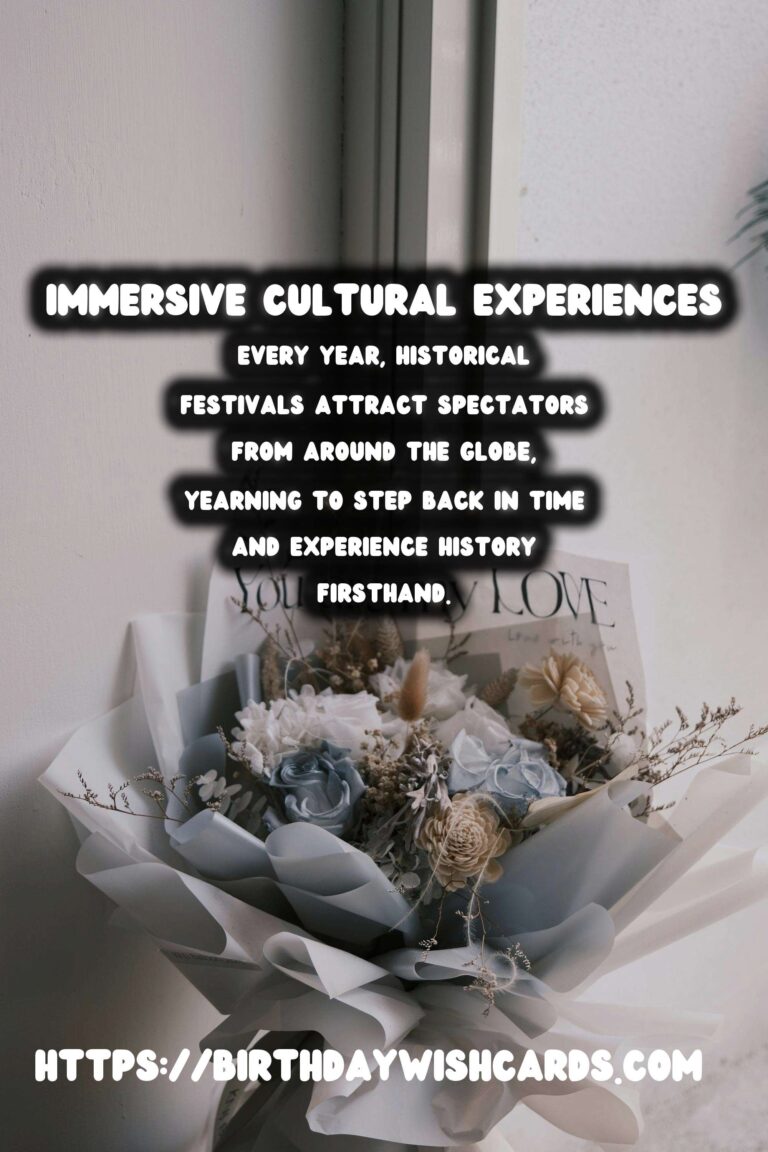
#HistoricalFestivals #CulturalExperiences




